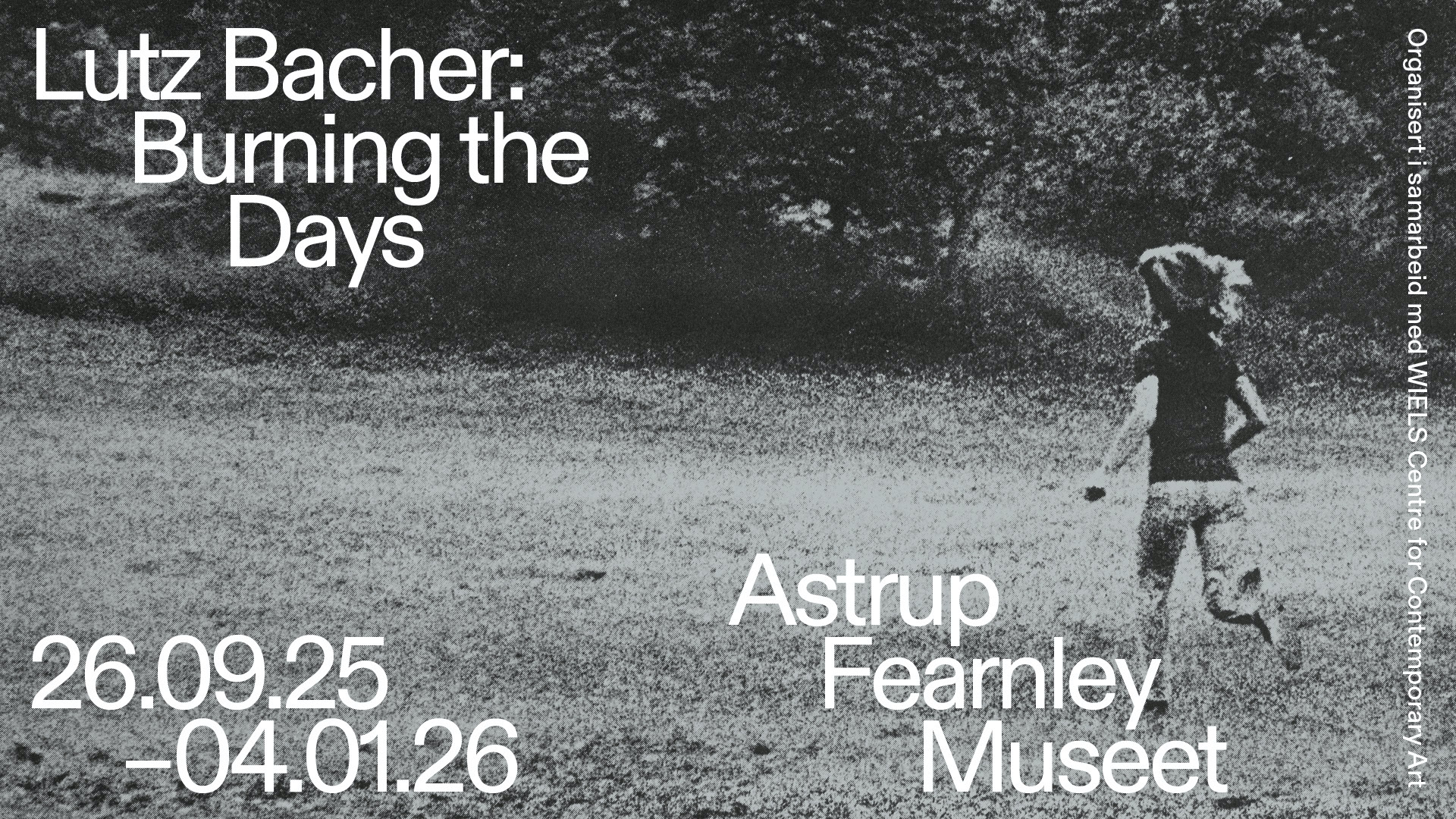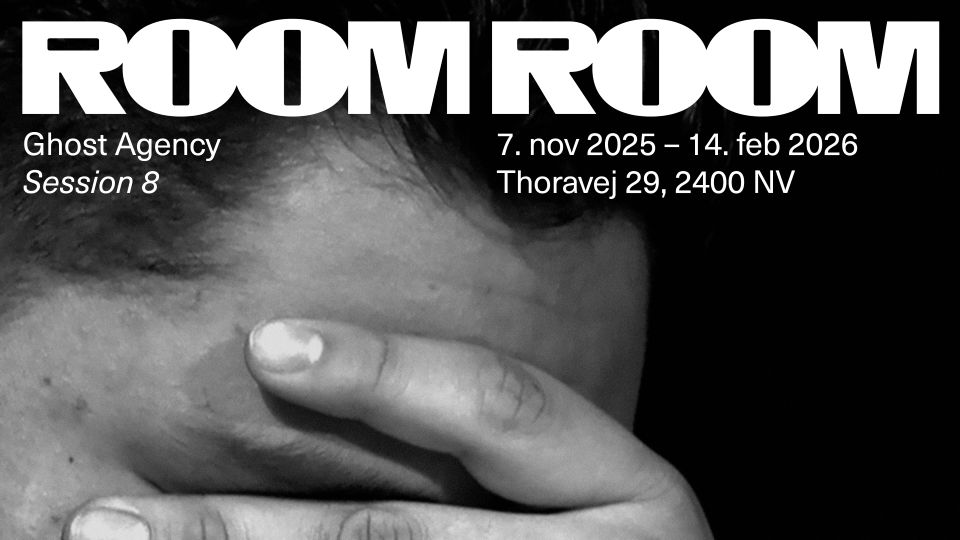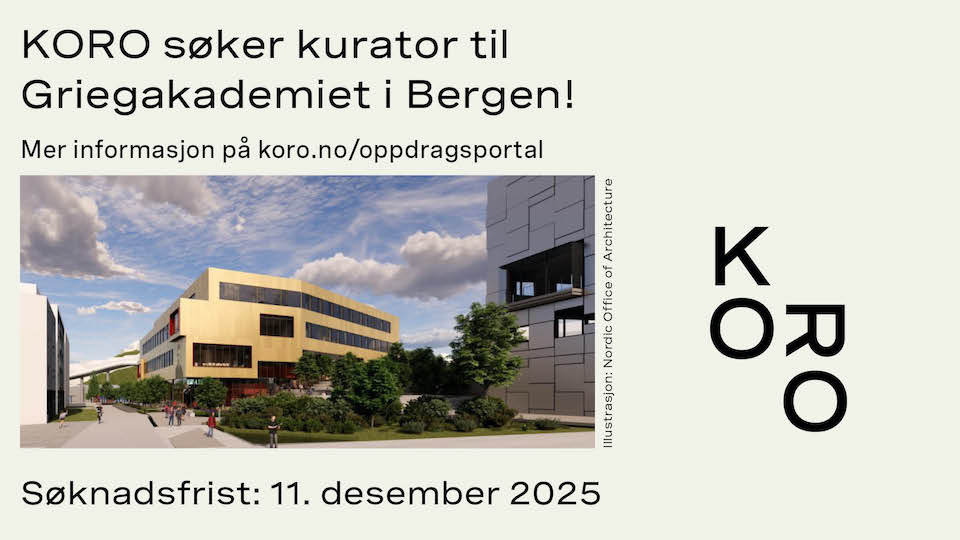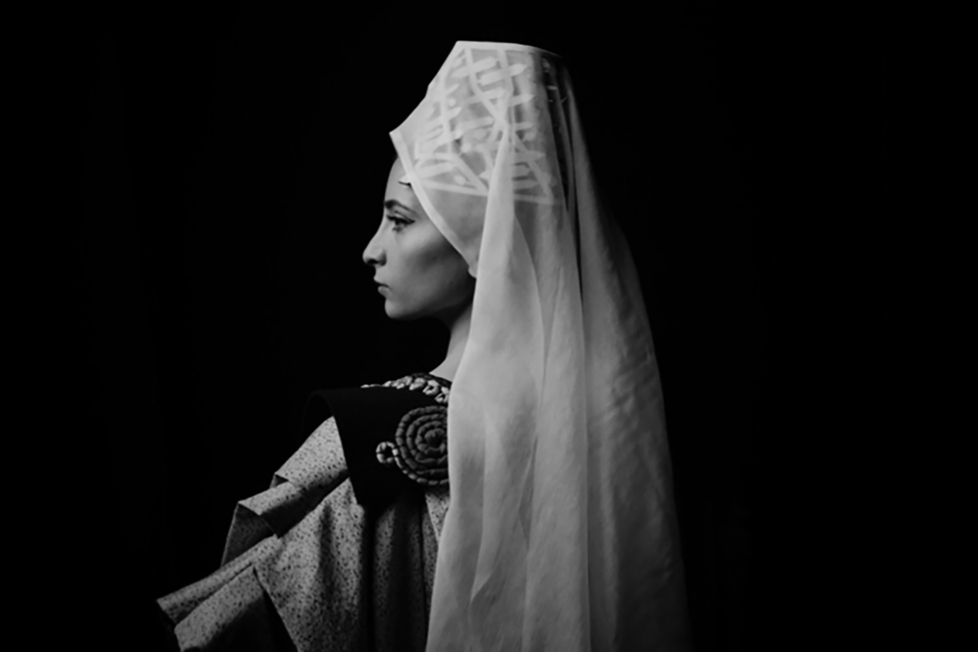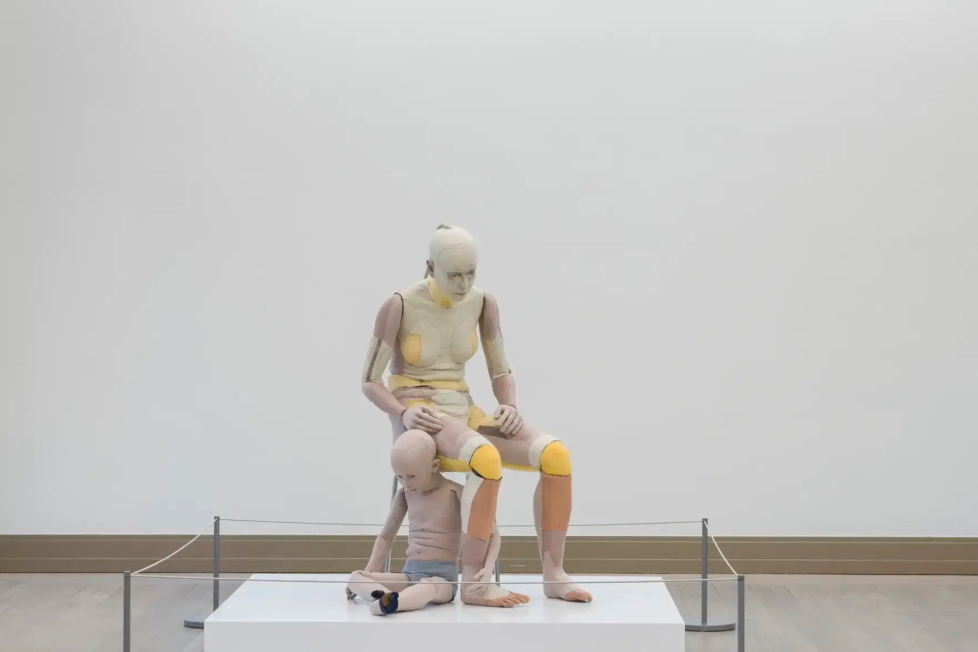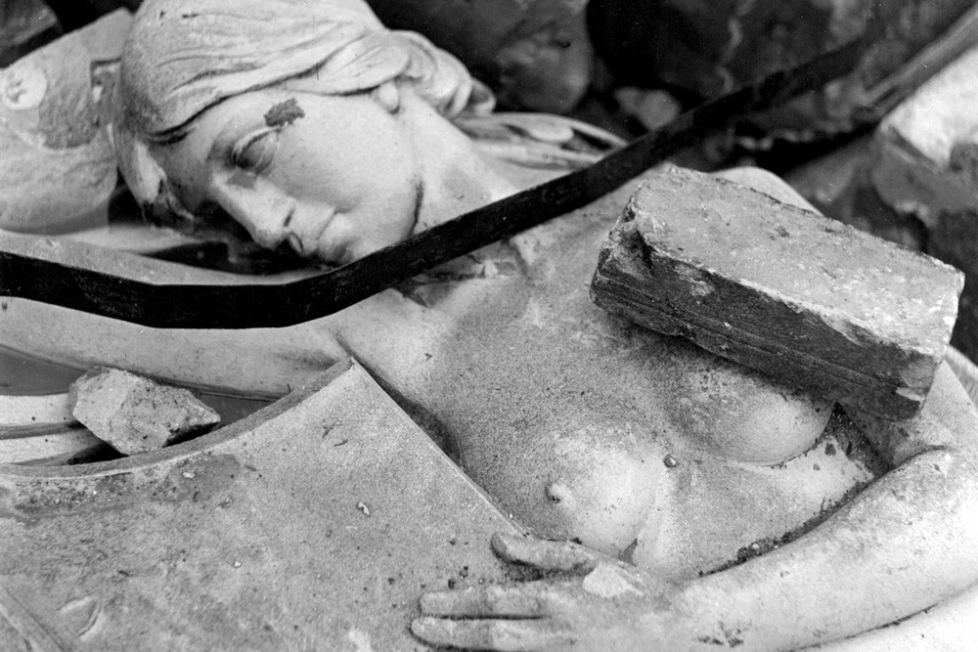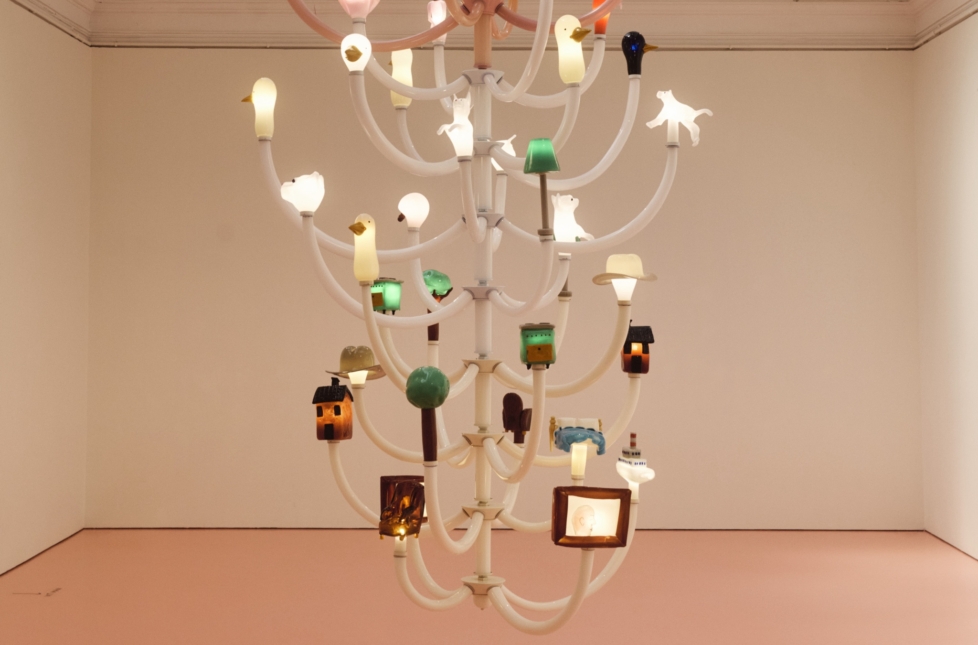
The controversy around the Ujazdowski Castle Centre for Contemporary Art in Warsaw and its new director, Piotr Bernatowicz, has been ongoing since autumn 2019. Now evidence is emerging that Bernatowicz’s right-wing tendencies are taking hold of the konsthall.
Ujazdowski, which for decades has been one of Poland’s most important arenas for contemporary art, found itself at the epicentre of cultural policy when the Polish Ministry of Culture hand-picked the relatively inexperienced art historian Bernatowicz as the centre’s new director for a seven-year tenure. Previously director of a small public institution in Poznań, Bernatowicz has become known for exhibiting homophobic and misogynous works and promoting anti-Semitic views on Radio Poznań. In an interview with the New York Times on 8 January, he said that many art institutions today “look like left-wing ideological ghettos,” something he actively intends to counteract.
The Polish government was immediately accused of undue political interference, and the appointment was seen as an attempt to change the institution’s political orientation. During autumn 2019, an open letter demanding the appointment be rescinded was signed by artists such as Mirosław Bałka and Artur Żmijewski, as well as Olga Tokarczuk, the 2018 Nobel Laureate in Literature. CIMAM, the global network museums and collections of modern art, also wrote an open letter in which it expressed concern about how the management had been appointed and demanded both a new director and a transparent recruitment process, all to no avail. Bernatowicz assumed his post early in the new year, the consequences of which are now becoming apparent.
The most obvious indication of upheaval at the venerable institution is the cancellation of several planned events, such as the performance programme PTV: Performance TV and an exhibition with the Belgian artist Miet Warlop produced in collaboration with Kunst-Werke Berlin. To this budget cutbacks for the Ujazdowski-supported online journal Obieg must also be added.
Speaking on condition of anonymity, centre employees describe the atmosphere as “very difficult.” Others familiar with the institution state that the new management has demonstrated significant organisational and professional flaws. According to one anonymous source, the cancelled events can be linked to the new direction staked out by the management, with Bernatowicz at the helm: “They are using the budget as a pretext and an excuse for cancelling parts of the programme that had already been set, in order to undermine the previous management. I’m not even sure they understand what type of institution Kunst-Werke is, and its renown and status in the art world.”
The most recent in the series of cancellations concerns the collaboration with the Anti-fascist Year, a project that encompasses artistic, cultural, and social activities taking place throughout the country between 1 September 2019 and 8 May 2020 (i.e. between the 80th anniversary of the outbreak of the Second World War, and the 75th anniversary of its ending). The decision to cancel the project was taken after a seminar on 11 February during which Max Horkheimer and Theodor Adorno’s 1943 essay ‘The Elements of Anti-Semitism’, the first philosophical text about the reality of the Holocaust, was discussed. The cancellation prompted the organisation behind the Antifascist Year to write a warning letter to the public which, among other things, states: “We want to warn the academic community, the cultural world and all people of good will of the deceptive rhetoric of Piotr Bernatowicz, who censors while declaring openness to discussions.”
The centre’s programme for next year will soon be announced and several sources say it will be dominated by Bernatowicz’s ideas about right-conservative art as a form of resistance to the “cultural Bolshevism” which he believes characterises contemporary art. These thoughts are laid out in his manifesto for the institution’s coming seven years. The text, which is only available in Polish, mixes subtle formulations with more explicit statements with the aim of undermining contemporary art’s status quo.
Bernatowicz is also influenced by the widespread conspiracy theory that Russia orchestrated the 2010 plane crash near the Russian city of Smolensk, in which ninety-six political dignitaries perished, including Poland’s then-President Lech Kaczyński. The event has divided Poland politically and, according to Bernatowicz, turned him from a liberal into a nationalist conservative.
According to several Polish commentators, including Aneta Szylak, director of NOMUS, the contemporary art museum in Gdansk, the current coronavirus pandemic is likely to aggravate the situation in Poland. “The fear of corona will add fuel to the conspiratorial and closed conservative tendencies in Poland,” Szylak told Kunstkritikk. “The only hope we see now is in local politics, like here in Gdansk where the political coalition in power is quite progressive and more open. However, the government has nevertheless been able to change the national narrative and basically ‘take over’ institution after institution. This is part of a larger project to convert institutions for the people into institutions for the government,” she concluded.

